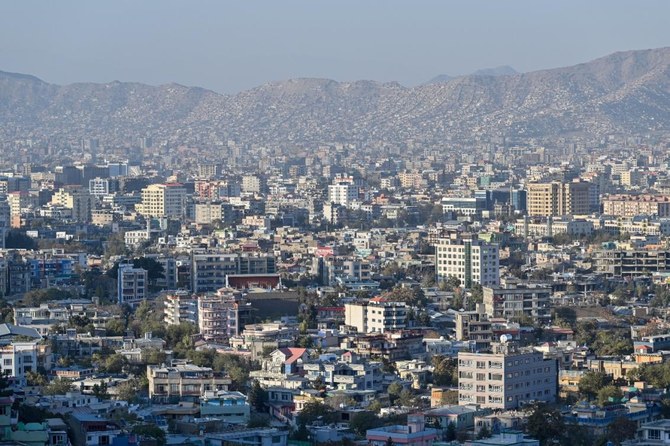JEDDAH: At least 25 people were killed and more than 50 injured in a Daesh suicide bomb and gun attack on Tuesday targeting Afghanistan’s biggest military hospital in central Kabul.
Among the dead was Mawlawi Hamdullah Mukhlis, head of the Kabul military corps and one of the first senior Taliban commanders to enter the abandoned presidential palace when the city fell in mid-August.
The attack began with two explosions at the entrance to the 400-bed Sardar Mohammad Daud Khan hospital, followed by an assault by a group of Daesh gunmen, all of whom were killed within 15 minutes.
Taliban spokesman Zabihullah Mujahid said special forces dropped by helicopter had prevented the attackers from entering the hospital itself, and all the gunmen had been killed at the entrance or in the courtyard. It was one of the first times Taliban forces had used aircraft captured from the deposed Western-backed government.
Daesh attacks have caused mounting worries outside Afghanistan about the potential for the country to become a haven for militant groups, as it was when Al-Qaeda attacked the US in 2001.
“It’s just about the biggest concern at the moment for everyone, in the region and in the West,” a senior Western diplomat said.
The concern has been worsened by a spiraling economic crisis that has left thousands of former fighters with no jobs.
The abrupt withdrawal of international support following the Taliban takeover has brought Afghanistan’s fragile economy to the brink of collapse and a severe drought threatens millions with hunger.



























